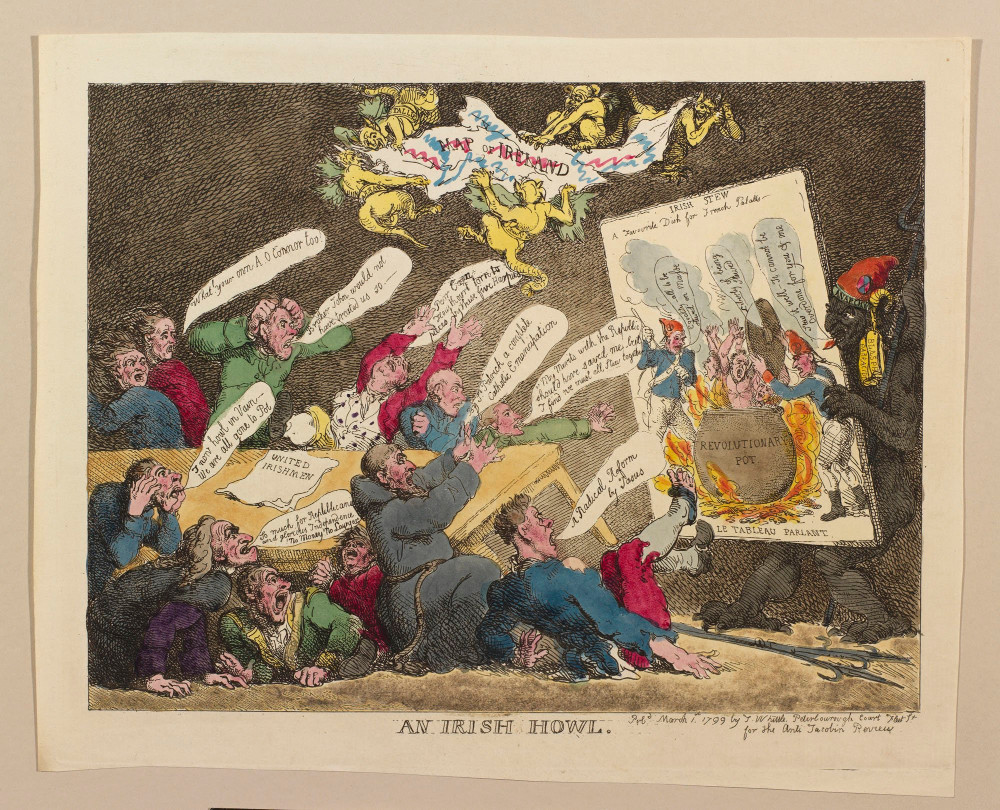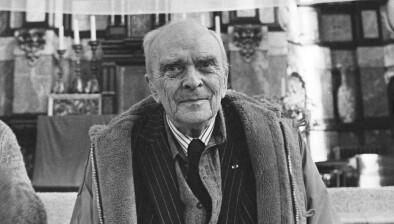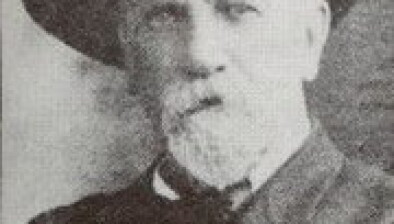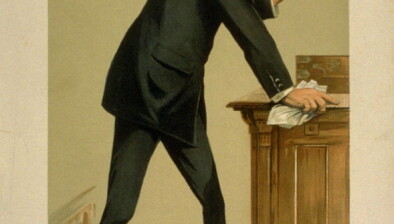Irish Legal Heritage: John Philpot Curran’s defence of Oliver Bond

Thomas Rowlandson, ‘An Irish Howl’ (published in the Anti-Jacobin Review, 1 March 1799). The image portrays a meeting of the United Irishmen. The advocate on the bottom left is reputed to be John Philpot Curran, saying “So much for Republicanism and glorious Independence! No Money! No Lawyer!”
Curran spent many years defending United Irishmen who faced capital charges, the most famous of which were William Orr, Napper Tandy, and Wolfe Tone.
His defence of Oliver Bond on the 23rd of July 1798 “was considered by the bar as the most powerful of his efforts upon the state trials of this year”.
Like many other cases, the charge of high treason against Bond was hinged on the testimony of an informer – this time it was Thomas Reynolds, a silk merchant from Dublin who had been an active member of the United Irishmen until the months leading up to the 1798 Rebellion, when “either remorse, or the hopes of reward, induced him to apprize the government of the danger”.
Curran launched a scathing attack on Reynolds’ character, describing him as a man who “measures his value by the coffins of his victims”, and a man who called upon the jury to “accredit the purity of a conscience washed in his own atrocities”.
As he did in previous trials, Curran argued that, for a “just and equal trial between the sovereign and the subject”, two witnesses were necessary in cases of high treason. He cautioned the jury of the “greatest and most fatal revolution – that of the sceptre, into the hands of the informer”, and warned of the population becoming comprised of “four species of men – the informer to accuse, the jury to find guilty, the judge to condemn, and the prisoner to suffer”. He continued:
“…if you surrender yourselves to the mean and disgraceful instrumentality of your own condemnation, you will mark yourselves fit objects of martial law – you will give an attestation to the British minister that you are fit for, and have no expectation of any other than, martial law – and your liberties will be flown, never, never to return! Your country will be desolated, or only become the gaol of the living; until the informer, fatigued with slaughter, and gorged with blood, shall slumber over the sceptre of perjury!”
(WH Curran, The Life of the Right Honourable John Philpot Curran, Late Master of the Rolls in Ireland (1820))
Despite Curran’s pleas to the jury to “hasten the holiday of blood”, Bond was convicted and sentenced to death – only saved from the hangman by an agreement entered into by imprisoned United Irishmen and the government.
Defending the United Irishmen gained Curran the auspicious reputation of being “the leading advocate of every murderer, ruffian and rogue villain” (attributed to Francis Higgins, the “Sham Squire”, cited in P Gageby, ‘The Life and Times of John Philpot Curran’ (2017) History Ireland).
However, a peculiar situation arose for Curran when romance sparked between his daughter, Sarah, and Robert Emmet. The relationship between Sarah and Emmet came to light when Emmet was tried for treason and sentenced to death by the hanging judge in 1803. Curran’s son, William Henry, writes that the “private calamity” of the relationship was not the only difficulty for Curran:
“it came embittered by other circumstances, which, for the moment, gave his sensibility an intense shock. He was a prominent public character, and from the intrepid resistance which he had uniformly made in the senate and at the bar to the unconstitutional measures of the state, was inevitably exposed to the political hatred of many, who would have gloried in the ruin of his reputation as in a decisive triumph over those principles which he had all his life supported”.











